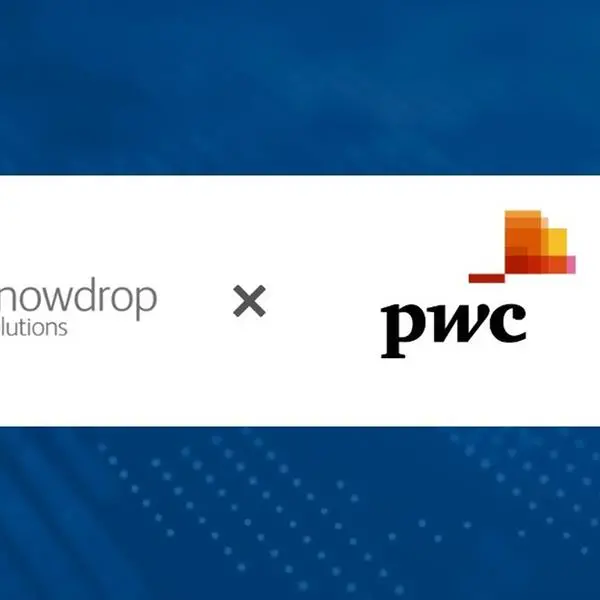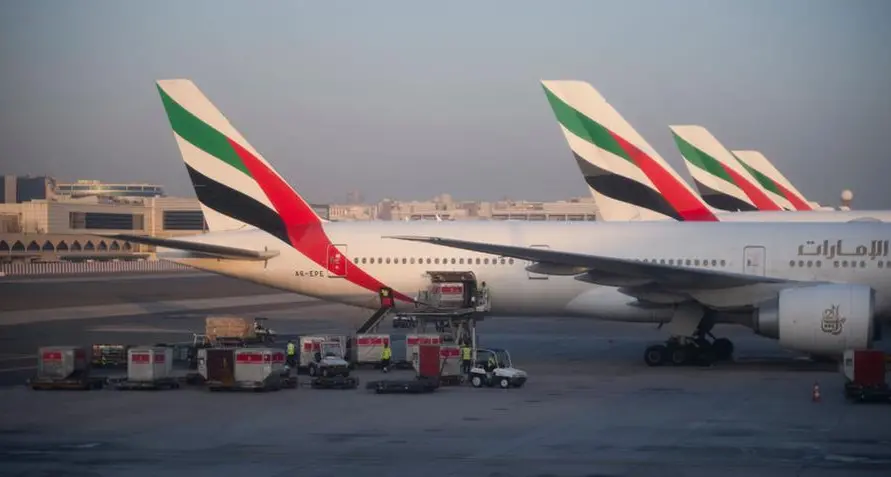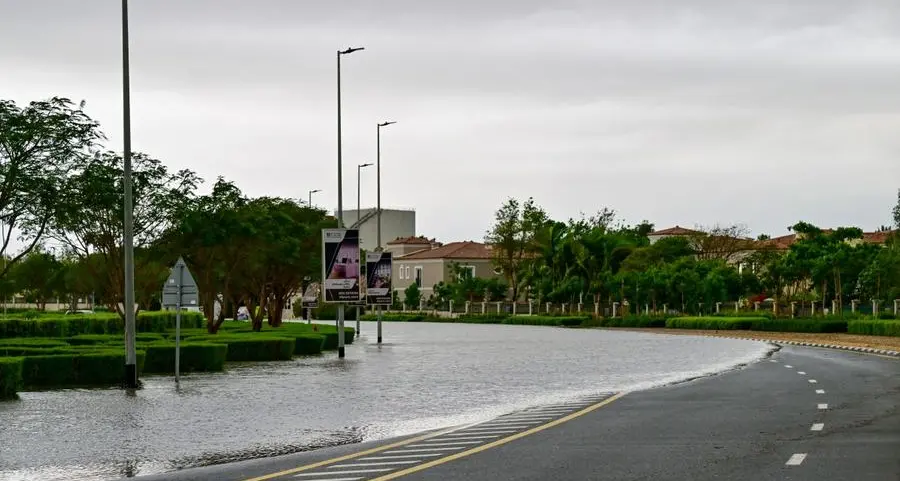- Clear robust regulations at the DIFC enacted by Dubai’s leadership further aligns the Centre’s legal and regulatory framework with Common Law jurisdictions and international standards
Dubai, UAE: Dubai International Financial Centre (DIFC), the global 8th ranked international financial centre and leading financial hub in the Middle East, Africa and South Asia (MEASA) region, today announces His Highness Sheikh Mohammed bin Rashid Al Maktoum, Vice President and Prime Minister of the UAE and Ruler of Dubai, has enacted a new DIFC Leasing Law No. 1 of 2020.
The enactment of DIFC’s new Leasing Law and Regulations will enhance the DIFC’s property market and reflects the Centre’s commitment to maintaining a legal and regulatory framework aligned with international best practice.
DIFC Authority’s newly enacted Leasing Law and Regulations introduces areas of protection and assurance to lessors and lessees entering into leases at properties based in the dynamic financial ecosystem of the DIFC. The new measures ensure the DIFC continues providing an appropriate regulatory environment for international business and commerce to thrive.
The new Leasing Law and Regulations will address specific factors relating to real property within the DIFC, including the requirement to provide an appropriate regulatory environment aligned with common law jurisdictions and onshore Dubai practice due to the DIFC’s status as an offshore jurisdiction within the United Arab Emirates by:
- introducing general requirements for leases and general obligations for lessees and lessors;
- introducing a tenancy deposit scheme for residential leases to be administered by the Registrar of Real Property;
- requiring the production of condition reports in the format required by the Leasing Law by residential lessors;
- imposing a maximum limit on security deposits collected by residential lessors and further specific provisions for residential leases; and
- introducing clearer provisions relating to the termination of leases and the disposal of goods and chattels remaining at the property following termination or liquidation of the lessee.
His Excellency Essa Kazim, Governor of DIFC, said: “Enacting the new DIFC Leasing Law will not only provide clearer guidance for thousands of landlords and tenants in the DIFC, but advancing our legislation also represents a key step for delivering on our landmark expansion plan that will transform the future of finance.
“We continue to level up our legal and regulatory framework and prioritise ease of doing business in the DIFC so that existing and prospective clients can operate with confidence within our strict legal parameters. With the added value of being based on internationally recognised Common Law, we have full confidence the new law will enhance protections for landlords and tenants alike while asserting the DIFC as a stable and enabling environment from which to reside and prosper.”
The consultation papers and legislative proposals can be accessed by visiting: https://www.difc.ae/business/laws-regulations/legal-database/
-Ends-
About Dubai International Financial Centre
Dubai International Financial Centre (DIFC) is one of the world’s most advanced financial centres, and the leading financial hub for the Middle East, Africa and South Asia (MEASA), which comprises 72 countries with an approximate population of 3 billion and a nominal GDP of USD 7.7 trillion.
With a 15-year track record of facilitating trade and investment flows across the MEASA region, the Centre connects these fast-growing markets with the economies of Asia, Europe and the Americas through Dubai.
DIFC is home to an internationally recognised, independent regulator and a proven judicial system with an English common law framework, as well as the region’s largest financial ecosystem of more than 24,000 professionals working across over 2,300 active registered companies – making up the largest and most diverse pool of industry talent in the region.
The Centre’s vision is to drive the future of finance. Today, it offers one of the region’s most comprehensive FinTech and venture capital environments, including cost-effective licensing solutions, fit-for-purpose regulation, innovative accelerator programmes, and funding for growth-stage start-ups.
Comprising a variety of world-renowned retail and dining venues, a dynamic art and culture scene, residential apartments, hotels and public spaces, DIFC continues to be one of Dubai’s most sought-after business and lifestyle destinations.
For further information, please visit our website: difc.ae, or follow us on Twitter @DIFC.
For media enquiries, please contact:
Tarek Kiwan
Dubai International Financial Centre Authority
Manager, Media Communications
Tel: +971 4 362 2454
E-mail: tarek.kiwan@difc.ae
Chase Burns
Four Communications
Account Director
Tel: +971 58 821 8735
E-mail: difc@fourcommunications.com
Disclaimer: The contents of this press release was provided from an external third party provider. This website is not responsible for, and does not control, such external content. This content is provided on an “as is” and “as available” basis and has not been edited in any way. Neither this website nor our affiliates guarantee the accuracy of or endorse the views or opinions expressed in this press release.
The press release is provided for informational purposes only. The content does not provide tax, legal or investment advice or opinion regarding the suitability, value or profitability of any particular security, portfolio or investment strategy. Neither this website nor our affiliates shall be liable for any errors or inaccuracies in the content, or for any actions taken by you in reliance thereon. You expressly agree that your use of the information within this article is at your sole risk.
To the fullest extent permitted by applicable law, this website, its parent company, its subsidiaries, its affiliates and the respective shareholders, directors, officers, employees, agents, advertisers, content providers and licensors will not be liable (jointly or severally) to you for any direct, indirect, consequential, special, incidental, punitive or exemplary damages, including without limitation, lost profits, lost savings and lost revenues, whether in negligence, tort, contract or any other theory of liability, even if the parties have been advised of the possibility or could have foreseen any such damages.










